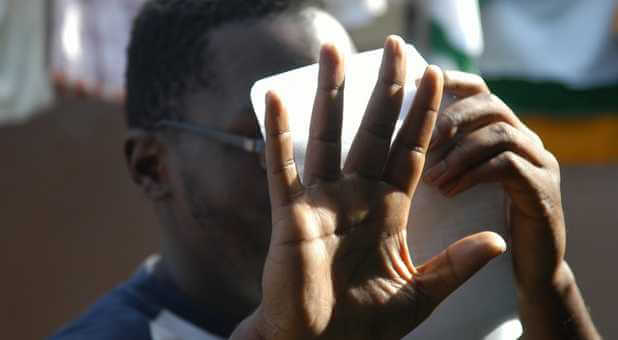I’ve found that sometimes individuals reject the ministry of healing for ridiculous reasons. I would like to briefly take a look at this conundrum.
Let’s consider the scientific community for a moment. Although the highly educated claim to be objective, some of their underlying biases cause distortion. Craig Keener argues, “Modern Western academicians have probably tended to discount and ignore some miracle claims not only for cultural reasons but also, unconsciously, for class reasons.”
This condescending attitude was evident centuries ago when philosopher David Hume wrote:
It forms a strong presumption against all supernatural and miraculous relations, that they are observed chiefly to abound among ignorant and barbarous nations; or if a civilized people has ever given admission to any of them, that people will be found to have received them from ignorant and barbarous ancestors.
James Dale Van Buskirk suggests that the ministry of healing “spread among an entirely different class of people, as to economic, cultural and social background,” namely, “the underprivileged and dispossessed people, folk to whom emotional religion makes an especial appeal.”
In other words, they are saying that the ministry of healing should be disregarded because of its prominence among the poor. They claim that whatever the “lower classes” believe must be held in suspicion.
Tragically, healing claims are not only rejected because they “come from the very poor,” but also because of their preponderance in one gender. It was with seething condescension that one educated minister suggested that the ministry of healing constituted a “feminine superstition.”
There is something deeply skewed when wonderful biblical practices are rejected because of gender and class. While most would not stoop to this level, few are authentically as objective as they believe.











































